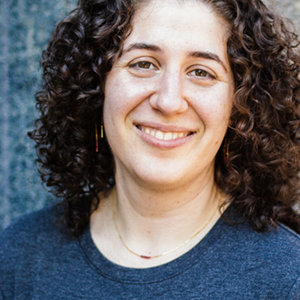2019 Conference on New Media and Democracy: Speakers
Amelia Andersdotter
Technical Consultant, ARTICLE19
Between 2011 and 2014 Amelia was a Pirate Party MEP working on telecommunications, data protection, intellectual property rights and standardisation of technology. Since 2015 she has run the Swedish NGO Dataskydd.net. They have accomplished policy successes in Sweden, and also developed a popular web privacy tool, Webbkoll. In 2016 Amelia was a guest researcher on cyber security and consumer rights at the Centre for Internet and Society in Bangalore, India. At the moment she is working with ARTICLE19 on covering the impact of technical design choices in standardization on the ability of individual users of technologies to exercise their human rights and developing the extension of this program into regulatory policy. In 2018– 2019 Amelia is part-time assisting ANEC with its privacy in IoT work at the ISO. Her educational background is in mathematics and business law.
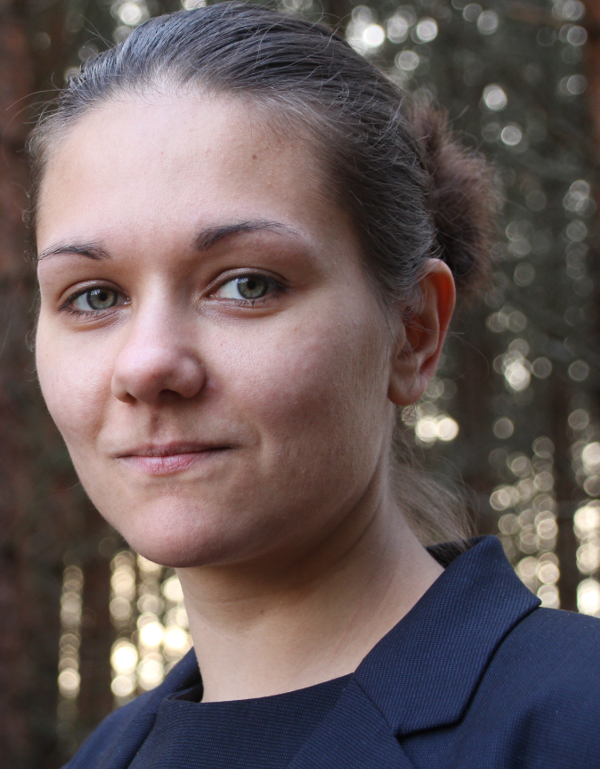
Chinmayi Arun
Resident Fellow, Yale Information Society Project
Chinmayi Arun is an Assistant Professor of Law at National Law University Delhi, where she was founder director of the Centre for Communication Governance. She is also a Fellow at the Berkman Klein Center at Harvard.
She is a member of the United Nations Global Pulse Data Privacy Advisory Group, and of UNESCO India’s Media Freedom Advisory Group. She has been consultant to the Law Commission of India and member of the Indian government’s multi stakeholder advisory group for the India Internet Governance Forum in the past.
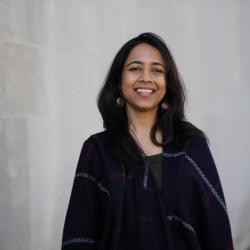
Admiral Philip H. Cullom
Vice Admiral, US Navy (ret.)
Phil is a Co-Founder and Strategic Advisor of Janus Sciences LLC, a disruptive stem cell biotechnology company, and is planning the startup of an alternative energy/nanomaterial ventures group, Grphne America and Summit Sustainable Resources.
As an innovative and cutting edge thought leader, he now serves on several emergent tech corporate boards in the biotechnology, defense, energy, and emerging materials space and consults with several private equity groups in their acquisition searches. His community service includes the Board of Feynman School, a non-profit STEM school in metro DC dedicated to educating bright students from all socio-economic backgrounds, assisting with a Sailing Program for Recovering Warriors, and service on the Board of Overseers for Harvard University.Phil holds a BS in Physics with Distinction, from the U.S. Naval Academy and an MBA with Distinction from the Harvard Business School. He has completed additional Executive Education at Harvard’s Kennedy School of Government, MIT’s Sloan School of Management, and UNC’s Keenan-Flagler Business School.
Ryan Gallagher
Senior Reporter, Bloomberg
Ryan Gallagher is a Scottish investigative journalist. He writes about security and civil liberties for Bloomberg News, and previously worked for The Intercept reporting on classified documents leaked by former National Security Agency contractor Edward Snowden. He has previously worked for The Intercept, The Guardian, Slate, and the Financial Times.

Dipayan Ghosh
Co-Director, Digital Platforms & Democracy Project and Fellow, Shorenstein Center at the Harvard Kennedy School
Dipayan Ghosh is Co-Director of the Digital Platforms & Democracy Project and Shorenstein Fellow at the Shorenstein Center on Media, Politics and Public Policy at the Harvard Kennedy School, where he works on digital privacy, artificial intelligence, and civil rights. Ghosh previously worked on global privacy and public policy issues at Facebook, where he led strategic efforts to address privacy and security. Prior, Ghosh was a technology and economic policy advisor in the Obama White House. He served across the Office of Science & Technology Policy and the National Economic Council, where he worked on issues concerning big data’s impact on consumer privacy and the digital economy. Ghosh has served as a Public Interest Technology fellow at New America, the Washington-based public policy think tank. He received a Ph.D. in electrical engineering & computer science at Cornell University and completed postdoctoral study in the same field at the University of California, Berkeley.
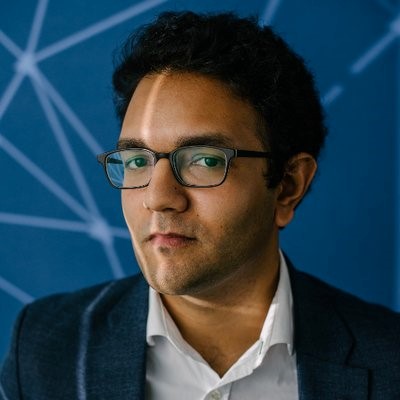
Nina Jankowicz
Disinformation Fellow, The Wilson Center
Nina Jankowicz studies the intersection of democracy and technology in Central and Eastern Europe. Her book, HOW TO LOSE THE INFORMATION WAR, will be published by Bloomsbury’s IBTauris in Spring 2020. Ms. Jankowicz has advised the Ukrainian government on strategic communications under the auspices of a Fulbright-Clinton Public Policy Fellowship and managed democracy assistance programs at the National Democratic Institute. Her writing has been published by The New York Times, The Washington Post, The Atlantic, Foreign Policy, BuzzFeed News, The Wilson Quarterly, and others. She is a frequent commentator on disinformation and Russian and Eastern European affairs, and has been interviewed by CNN’s Christiane Amanpour and PBS’s Judy Woodruff. Prior to her Fulbright grant in Ukraine, Ms. Jankowicz managed democracy assistance programs to Russia and Belarus at the National Democratic Institute for International Affairs. She received her MA in Russian, Eurasian, and East European Studies from Georgetown University’s School of Foreign Service, and her BA from Bryn Mawr College.

Timothy Libert
Special Faculty Instructor in Privacy Engineering, Carnegie Mellon University
Timothy Libert is a faculty member in the School of Computer Science at Carnegie Mellon University where he teaches in the Privacy Engineering program. His research focuses on large-scale quantitative measurement of the societal impacts of privacy-compromising information flows on the web. He has published in The Web Conference (WWW), Web Science, New Media and Society, The Communications of the ACM, The BMJ (British Medical Journal), and other venues. His research has received international press coverage, he has been interviewed by National Public Radio’s All Things Considered, Good Morning America, and other outlets, and he has written editorials in The New York Times and The Guardian. He received his PhD from the University of Pennsylvania and has previously held research positions at the University of Oxford, Central European University, and the Alexander von Humboldt Institute for Internet and Society.
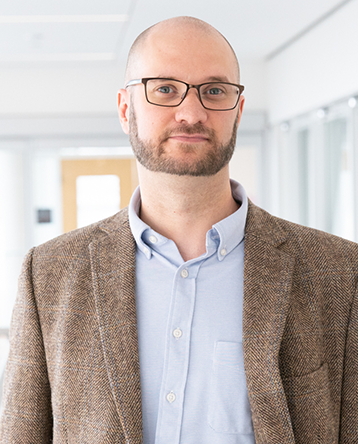
Maria Barsallo Lynch
Executive Director, Defending Digital Democracy Project
Maria Barsallo Lynch is the Executive Director of the Defending Digital Democracy Project (D3P) at the Harvard Kennedy School’s Belfer Center for Science and International Affairs. Barsallo Lynch brings a background in politics and the cross-section of cybersecurity and technology to the leadership team of D3P to help grow the project’s work and impact in providing solutions and tools to keep democratic processes safe. She believes in the importance of helping decision makers and consumers gain literacy in the growing fields of cybersecurity, technology innovation, and the space in between.
Barsallo Lynch has rooted her work in seeking systemic change for challenging social issues by leading funding strategy and program implementation in the nonprofit and political arenas. Her background includes serving as Deputy Finance Director for Colorado’s U.S. Senator Michael Bennet and as Director of Development for the Knowledge is Power Program of Colorado Schools. She was a Legislative Fellow with U.S. Senator Richard Blumenthal and while at Harvard Kennedy School as a student, conducted research on legislative efforts in data privacy and regulation of technology companies. Barsallo Lynch is also the founder of a social enterprise called DESDE.
Barsallo Lynch holds a B.A. from The Colorado College and serves on its Alumni Association Committee. She also holds an M.P.A. from the Harvard University John F. Kennedy School of Government. She is an alumna of the International DO School Fellowship.
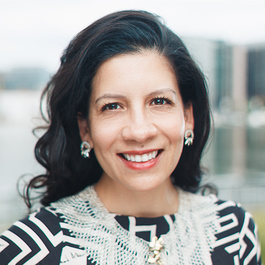
Nathalie Maréchal
Senior Research Analyst, Ranking Digital Rights
Dr. Nathalie Maréchal is a senior research analyst at Ranking Digital Rights, a research-based initiative that works with a global network of partners to set standards for how companies in the internet, mobile and telecommunications sector should respect human rights online. Her current research focuses on the human rights harms associated with targeted advertising and algorithmic decision-making systems.
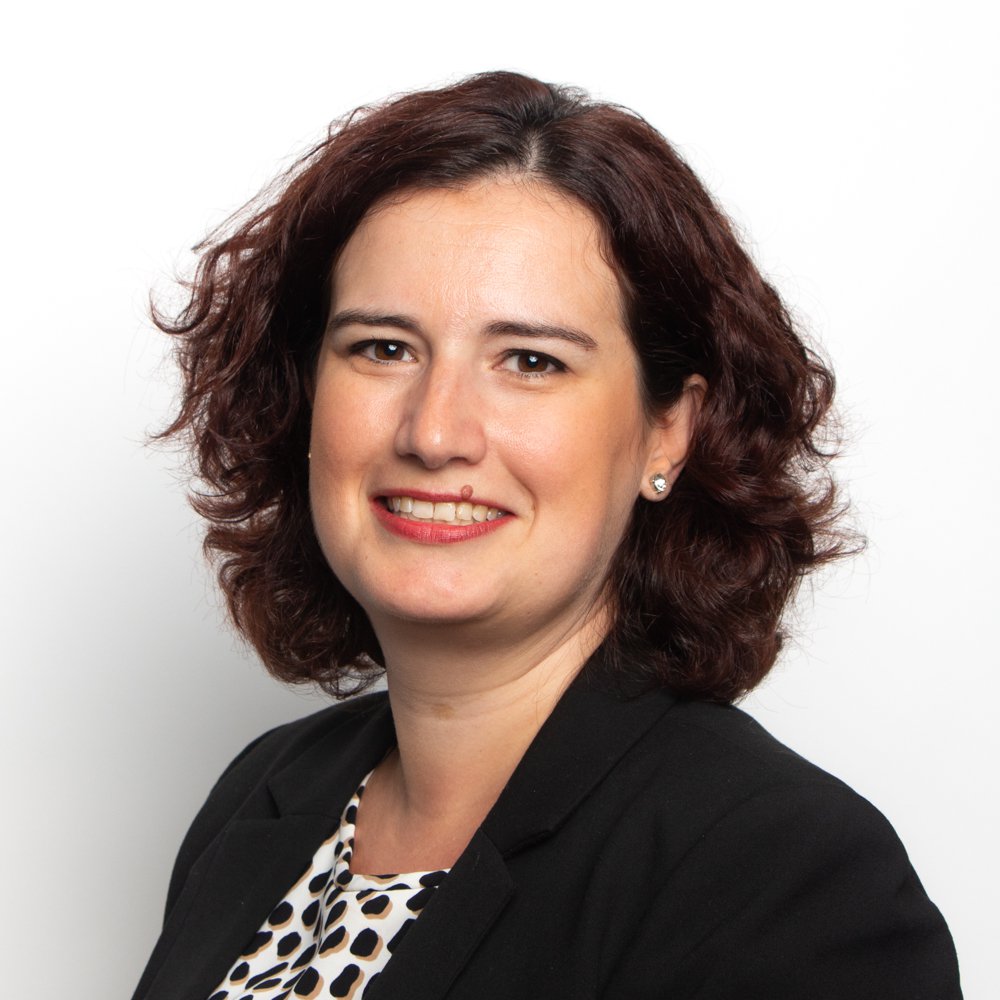
Casey Newton
Silicon Valley Editor, The Verge
Casey Newton is The Verge‘s primary source for Silicon Valley news, reporting on the people and products shaping the future of technology and culture. His daily newsletter, The Interface, explores the intersection of social media and democracy. In 2019, his investigations exposed the plight of Facebook moderators in America, ignited a national conversation about how we keep the internet safe, and prompted third-party contractor Cognizant to exit the moderation business entirely.

Elina Noor
Visiting Fellow, Institute of Strategic and International Studies (ISIS), Malaysia
Elina Noor is Associate Professor at the Daniel K. Inouye Asia-Pacific Center for Security Studies. She is also Visiting Fellow, Institute of Strategic and International Studies (ISIS) Malaysia and Adjunct Fellow, Pacific Forum. A native of Malaysia, Elina studies security developments in Southeast Asia. Her research areas are focused on (i) the intersection of global governance and technology, and (ii) preventing/countering violent extremism.
Previously, she was Director, Foreign Policy & Security Studies at the Institute of Strategic and International Studies (ISIS) Malaysia in Kuala Lumpur. While there, she worked closely with the Malaysian and other governments on a range of strategic and regional issues. She was also the Secretary of the Council for Security Cooperation in the Asia Pacific, a 21-member Track Two regional security network. Prior to that, she was a key team member of the Brookings Institution’s Project on US Relations with the Islamic World in its formative years post-September 11, 2001.
Elina serves on the Global Commission on the Stability of Cyberspace. She is also a member of the United Nations Office of Disarmament Affairs (UNODA)’s roster of experts in supporting the UN’s work in building member states’ cyber-related capacity, upon request.
Elina read law at Oxford University and earned her Blue playing ice hockey there. She obtained an LL.M in Public International Law from the London School of Economics and Political Science, University of London, graduating with distinction at the top of her class. A recipient of the Perdana (Malaysian Prime Minister’s) Fellowship, she also holds an MA in Security Studies from Georgetown University where she was a Women in International Security Scholar. She occasionally tweets @elinanoor.

Olallo Rubio
Founder, CONVOY Network
Olallo Rubio is a former radio host and a filmmaker. In 2016, he created Convoy Network, an audio content based digital platform that operates under a paid subscription model -free of advertisements and government intervention- establishing itself as one of the few platforms of this type in Latin America. Just a couple of years ago, Convoy added a live radio feature and to this day, offers over ten live radio shows in addition to more than twenty podcasts that range from sports to politics.

David Sanger
National Security Correspondent, The New York Times
David E. Sanger is a national security correspondent and a senior writer for The New York Times. In a 37-year reporting career for The Times, he has been on three teams that have won Pulitzer Prizes, most recently in 2017 for international reporting. His newest book, “The Perfect Weapon: War, Sabotage and Fear in the Cyber Age,’’ examines the emergence of cyberconflict as the primary way large and small states are competing and undercutting each other, changing the nature of global power.
He is also the author of two Times best sellers on foreign policy and national security: “The Inheritance: The World Obama Confronts and the Challenges to American Power,” published in 2009, and “Confront and Conceal: Obama’s Secret Wars and Surprising Use of American Power,” published in 2012.
For The Times, Mr. Sanger has served as Tokyo bureau chief, Washington economic correspondent, White House correspondent during the Clinton and Bush administrations, and chief Washington correspondent.
Mr. Sanger spent six years in Tokyo, writing about the emergence of Japan as a major American competitor, and then the country’s humbling recession. He wrote many of the first articles about North Korea’s emerging nuclear weapons program.
Returning to Washington, Mr. Sanger turned to a wide range of diplomatic and national security issues, especially issues of nuclear proliferation and the rise of cyberconflict among nations. In reporting for The Times and “Confront and Conceal,” he revealed the story of Olympic Games, the code name for the most sophisticated cyberattack in history, the American-Israeli effort to sabotage Iran’s nuclear program with the Stuxnet worm. His journalistic pursuit of the origins of Stuxnet became the subject of the documentary “Zero Days,” which made the short list of Academy Award documentaries in 2016. With his Times colleague Bill Broad, he also described, in early 2017, a parallel cybereffort against North Korea.
A 1982 graduate of Harvard College, Mr. Sanger was the first senior fellow in The Press and National Security at the Belfer Center for Science and International Affairs at Harvard. With Graham T. Allison Jr., he co-teaches Central Challenges in American National Security, Strategy and the Press at the Kennedy School of Government.
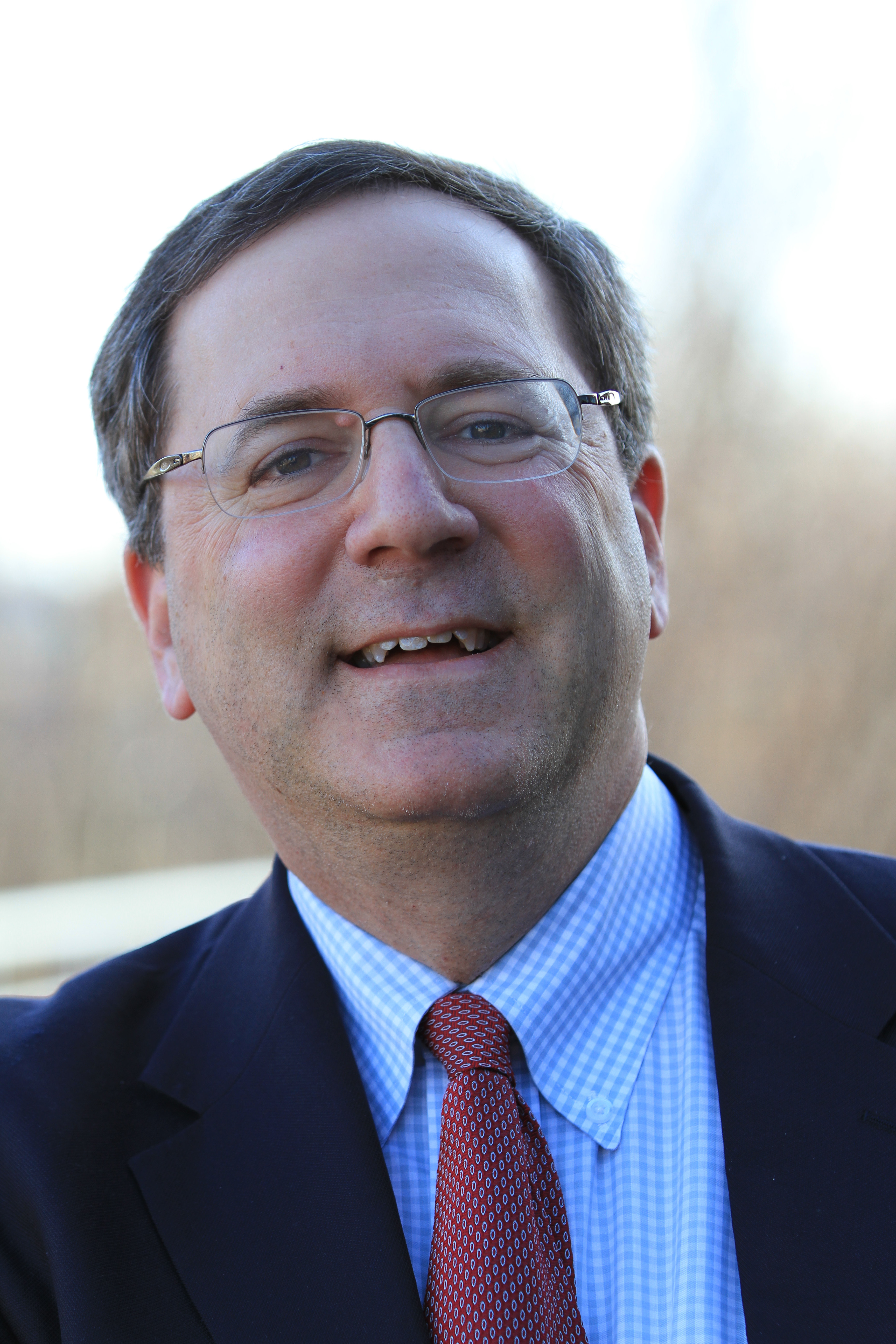
Thom Shanker
National Security and Foreign Policy Editor, The New York Times Washington Bureau
Thom Shanker is national security and foreign policy editor for The New York Times Washington bureau. He joined the editing ranks in 2014 after serving for thirteen years as Pentagon correspondent for The Times, covering the Defense Department, deployed military forces and national security issues. He has made dozens of reporting trips to Afghanistan and Iraq, including embed assignments with Special Operations forces and units from squad though corps command.
He is co-author of Counterstrike: The Untold Story of America’s Secret Campaign Against Al Qaeda, a New York Times bestseller.
Before joining The Times in 1997, he was foreign editor of The Chicago Tribune. Mr. Shanker was The Tribune’s senior European correspondent, based in Berlin, from 1992 to 1995. Most of that time was spent covering the wars in former Yugoslavia, where Mr. Shanker was the first reporter to uncover and write about the Serb campaign of systematic mass rape of Muslim women.
He spent five years as The Tribune’s Moscow correspondent, covering from the start of the Gorbachev era to the death of the U.S.S.R. and the collapse of the communist empire in Eastern Europe.
Mr. Shanker attended the Fletcher School of Law and Diplomacy, studying strategic nuclear policy, international law and public diplomacy. He serves as a nonresident senior fellow at the Edward R. Murrow Center for a Digital World at the school. He graduated cum laude with a bachelor’s degree in political science from Colorado College, and was awarded an honorary doctor of laws by the college.

Richard Stengel
Former Under Secretary of State for Public Diplomacy and Public Affairs
Richard Stengel was Under Secretary of State for Public Diplomacy and Public Affairs for the final three years of the Obama administration. He went into government after seven years as the Editor of TIME. Before that he was the president and CEO of the National Constitution Center in Philadelphia.

Luis Videgaray
Director, MIT Artificial Intelligence Policy for the World Project
Luis Videgaray is the Director of the MIT Artificial Intelligence Policy for the World Project, a Senior Lecturer at the MIT Sloan School of Management, and a Distinguished Fellow at the MIT Internet Policy Research Initiative.
Videgaray is a former Foreign Minister and Finance Minister of Mexico. As Foreign Minister (2017-18) he led Mexico’s relationship with the Trump White House, including the successful renegotiation of the NAFTA (USMCA). He is one of the founders of the Lima Group, created to promote regional diplomatic efforts towards restoring democracy in Venezuela, and conducted Mexico´s leading role in the UN towards an inclusive debate on artificial intelligence and other new technologies. As Finance Minister (2012-16) he led Mexico’s historic energy liberalization, a telecommunications reform to foster competition in the sector, a tax reform that reduced the country’s dependence on oil revenues, and the drafting of Mexico’s new Fintech Law. He was named Finance Minister of the Year by both The Banker Magazine and Euromoney Magazine, and a Leading Global Thinker by Foreign Policy Magazine. In 2012 he was campaign manager for President Peña Nieto and head of the presidential transition team. Previously, he was a member of Mexico´s Congress, where he chaired the Budget Committee, and Secretary of Finance of the State of Mexico. Before government, Mr. Videgaray had a career in investment banking, advising M&A, private equity, project finance and debt restructuring transactions at Protego (currently Evercore Partners Mexico). Doctor Videgaray is a Pacific Leadership Fellow at the School of Global Policy and Strategy, UCSD, a Member of the Advisory Board of the CyberPeace Institute in Geneva, and a Member of the Artificial Intelligence Council of the World Economic Forum. He holds a Ph.D. in Economics from MIT and a BA in Economics from Mexico’s ITAM.
Andrew Walworth
Chief Content Officer, RealClear Media
Josephine Wolff
Assistant Professor of Cybersecurity Policy, The Fletcher School
Josephine Wolff is an assistant professor of cybersecurity policy at the Fletcher School. Her research interests include international Internet governance, cyber-insurance, security responsibilities and liability of online intermediaries, government-funded programs for cybersecurity education and workforce development, and the legal, political, and economic consequences of cybersecurity incidents. In addition to her book book “You’ll See This Message When It Is Too Late: The Legal and Economic Aftermath of Cybersecurity Breaches,” her writing on cybersecurity has also appeared in Slate, The New York Times, The Washington Post, The Atlantic, and Wired.
